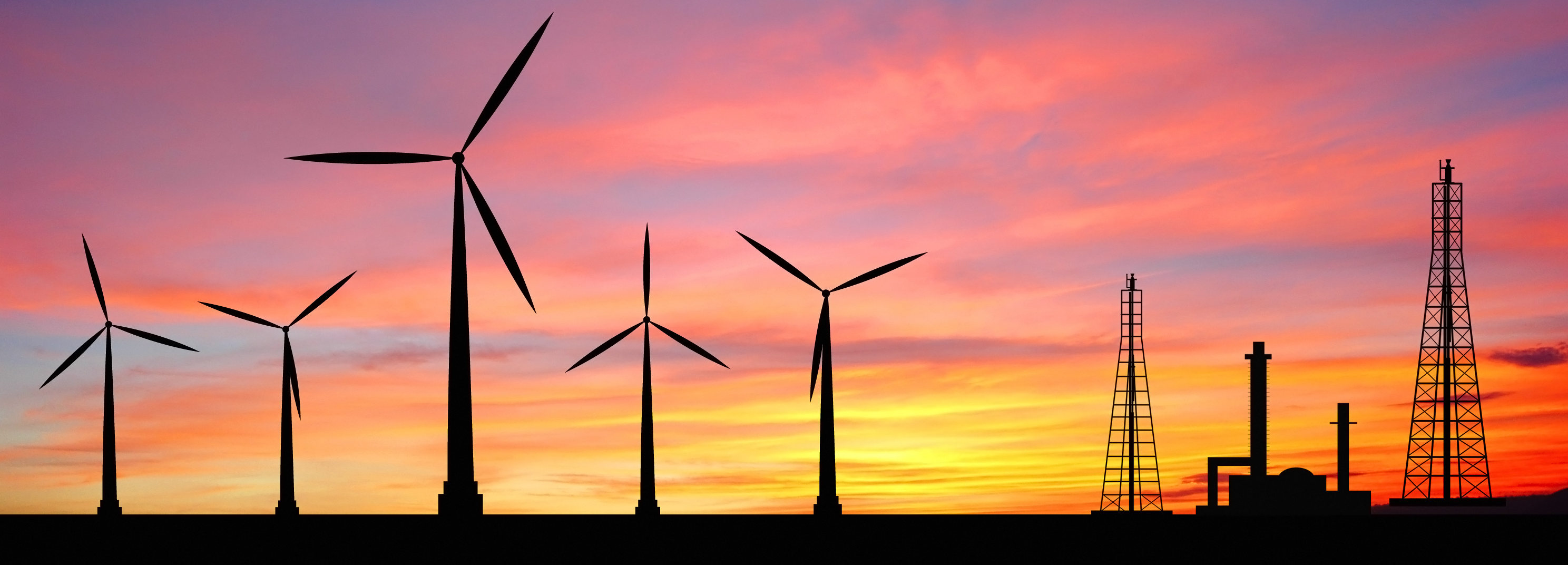In today’s talking points: Hazelwood’s closure shows industry and government must plan ahead for climate change; Rooftop solar finance group issues second green bond in Australia;Tesla’s pledge to fix energy problems prompts conversation about large scale battery storage; China New Energy to invest in AU$ 20 million in Leigh Creek Energy.
Hazelwood’s closure shows industry and government must plan ahead for climate change
When Hazelwood stops generating electricity this week, it will be the first Australian power station to close, at least in part, because of climate change. Hazelwood’s owner, French energy giant Engie, has said it is “making climate a priority” and has committed to retiring its most outdated coal plants worldwide. Hazelwood’s closure will bring the total to nine coal power stations in Australia that have retired in the last five years – including the Port Augusta power stations in South Australia, the Munmorah and Wallerawang power stations in New South Wales and the smaller Energy Brix and Anglesea power stations in Victoria. It’s a clear indication the global industrial transition from coal to renewable energy across the world has reached our shores.
Read more at The Guardian
Rooftop solar finance group issues second green bond in Australia
Australian based credit finance group FlexiGroup has issued a second green bond to the national market, doubling down on strong investor demand for clean energy assets, and in particular for residential rooftop solar and battery storage. The $A50 million certified climate bond was issued on Tuesday with an underlying asset base of residential rooftop solar – and with a $20 million cornerstone investment from the Clean Energy Finance Corporation. This follows the group’s landmark issue, just over one year ago, of green Asset Backed Securities, raising $50 million to refinance residential rooftop solar systems. FlexiGroup is a major financier for rooftop solar systems, through its subsidiary Certegy Ezy Pay, which in 2015 had more than 120,000 customers and links with more than 400 installers and wholesalers.
Read more at Renew Economy
Tesla’s pledge to fix energy problems prompts conversation about large scale battery storage
Energy storage company and solar panel manufacturer Tesla – recently pledged to fix South Australia’s energy problems within 100 days by installing between 100 and 300 megawatt- hours of batteries. If these problems could not be fixed within the allotted time, this service would free. South Australian Premier Jay Weatherill declared that AUD $500 million would be spent on the largest battery storage and gas-fired plant, with 100 megawatts of storage. This has led to calls for similar plans to be made worldwide. Twitter users from a number of countries have called out, expressing a need for battery mega projects, one of which came from the Prime Minister of Ukraine, Volodymyr Groysman. Musk’s initative was praised by Giw Zanganeh, managing director of the Lugano, Switzerland-based compressed air energy storage technology developer ALACAES, who expressed that publicity from this move has prompted other countries to consider large scale battery storage.
Read more at Green Tech Media
China New Energy to invest in AU$ 20 million in Leigh Creek Energy
China New Energy – a Hong Kong based company will acquire 136.3 million Leigh Creek shares in three tranches at $0.147 per share, which should raise $20 million. Furthermore, Leigh Creek has placed 13.7 million shares at $0.135 per share with investors, to raise $1.85 million. For South Australian based Leigh Creek Energy this is a positive step in the development of the Leigh Creek Energy Project (LCEP). The LCEP will produce sygas, electricity and fertilizer from remnants of coal resources using In Situ Gastification (ISG) technology. This will also ensure the energy company will be fully funded to the completion of their pre-commercial demonstration facility, Leigh Creek Energy aim to provide a reliable source of electricity to South Australian consumers, particularly to demands in the metropolitan centre.
Read more at Proactive Investors Australia

